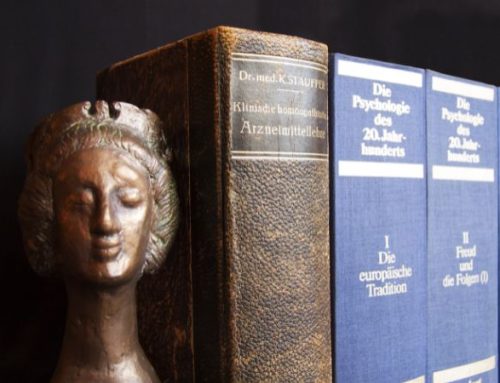Britain has traditionally been synonymous with proper manners and correct etiquette but has the current predilection in the country for the vacuous celebrity lifestyle stolen our appetite for the once ubiquitous social arts? And might it be argued that this all stems from an apparent societal resistance towards all that is considered ‘posh’; that this rejection of the traditional cornerstones of British culture has led to negative association of manners and etiquette with the upper classes, and left a void that is being filled with role models who are ill-equipped to act as such? We look at Britain’s attitude to manners, how this compares to other countries and the effect this will have upon Britain’s children if left unchecked.
It was recently reported that the children of China’s elite are being taught how to behave properly through government sponsored classes designed to reduce the excesses of these privileged young peoples’ lifestyles. Indeed, China has been attempting to instil the importance of good manners and etiquette in its children for a number of years. In other countries such as India, social skills as a subject taught to children in both private and state education is emerging as we speak. This seismic societal shift towards manners as a skill and behaviour that is valued and desired appears to be at odds with the culture in Britain which is now one generation on from the ‘lad culture’ of the late 90’s.
Patriots of laddism view manners as ‘airs and graces’, boring, dull, the antithesis of the image they wish to promote as genuine, without artifice, real. As real as the celebrities they worship in the reality show of the moment. Celebrities whose willingness to expose their bad behaviour is rewarded with adulation from their fans. Children learn etiquette, the unwritten social codes of behaviour from the culture to which they are exposed. This is what Britain’s children grow up seeing and learning; bad behaviour is not only encouraged, but praised and rewarded. They absorb these behaviours by a process of osmosis; learning all they think they need to know about manners from their questionable role models. It’s no wonder that many British children aspire to be ‘famous’ in this manner when they grow up, it appears to be a rather easy meander to minor celebrity and the trappings that brings. Manners are not about portraying yourself as a member of the upper classes, they are a means of relating to others well, of being a personable, engaging individual whom others like and respond to, they are the fundamental basis for well-rounded, polite children and adults. Surely these qualities and intelligence are what children should aspire to be famous for.
As the vacuum left by rejection of perceived ‘posh’ elements of British culture is filled with celebrity, other countries such as China and India maintain their focus on developing positive perceptions in their children towards their traditions and ancestry. Would the average British child know what the Trooping the Colour ceremonial was all about for example? If they do not, then it is a great shame. It is only when children have positive attitudes towards their homeland that they can grow with respect towards it and a desire to contribute in a meaningful way to its greatness and success.
For British children to become well-mannered adults who are a positive influence upon society, they must be immersed in a culture which actively promotes this. Good manners are for everyone, etiquette is not something to be feared, and neither require a silver spoon to be found in the mouth at birth. Children must not only observe, but receive instruction in proper manners and etiquette, plus be given opportunities to develop and hone their new found skills. Children need to be given opportunities to be proud to be British, and given role models that can inspire them to aspire to be more, to be better, to be British.



